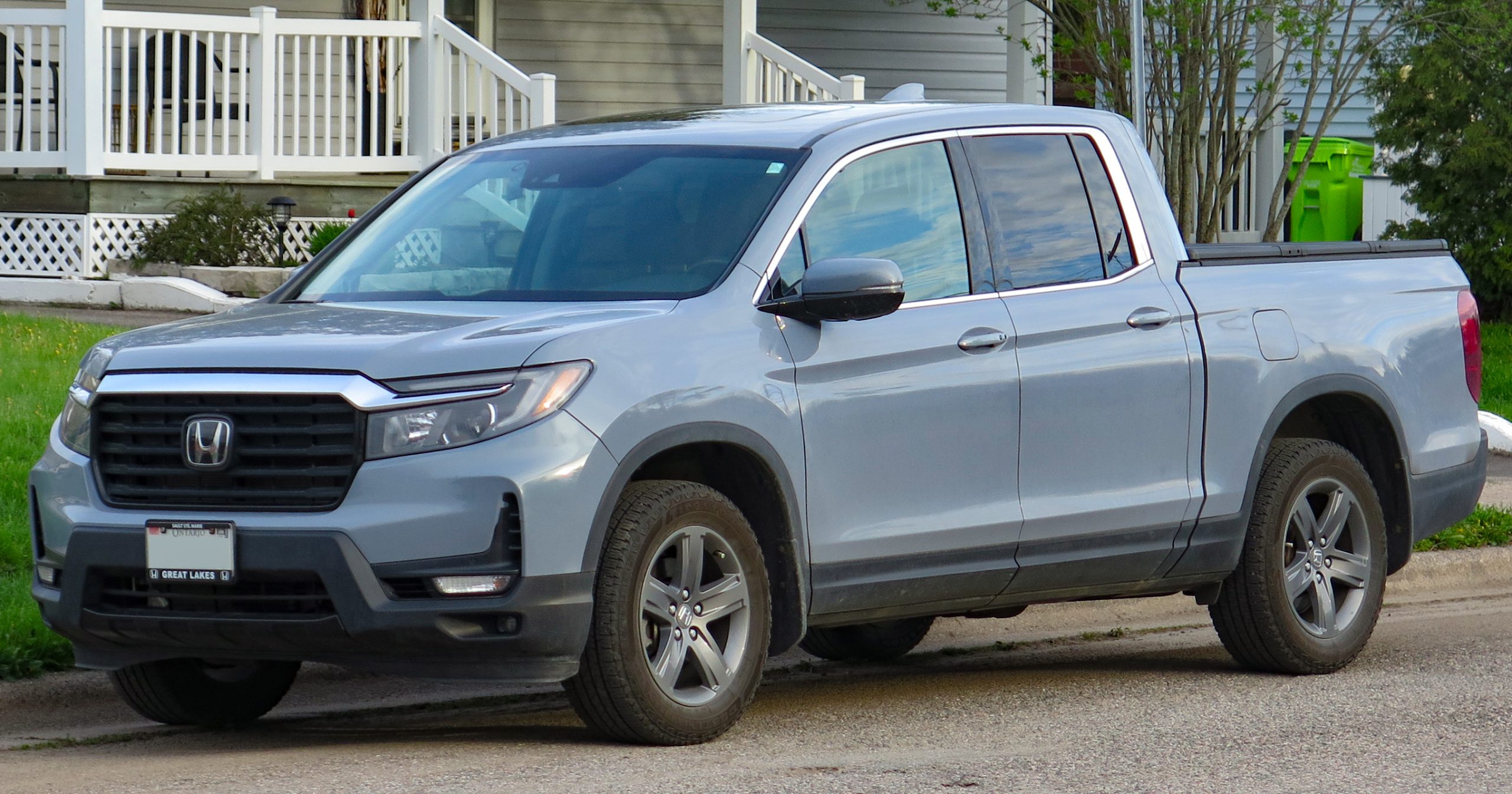When choosing a pickup truck, many buyers look beyond just horsepower and towing capacity. Long-term reliability, especially in the drivetrain, is often the deciding factor between a vehicle that becomes a trusted companion and one that turns into a financial burden.
Among all the mechanical components in a truck, the transmission plays one of the most critical roles. It’s responsible for managing power from the engine to the wheels, and when it fails, repair costs can be significant.
That’s why pickup trucks with factor- sealed transmissions have gained so much attention among mechanics, fleet operators, and everyday drivers. These trucks are built to handle tough conditions while keeping maintenance low, offering peace of mind to those who need dependability from day one.
A factory-sealed transmission is essentially a closed system filled with transmission fluid at the time of assembly. Unlike traditional transmissions that require regular fluid checks and changes, these sealed units are designed to run efficiently for tens of thousands of miles or more without any interference.
The idea is simple: by keeping dirt, moisture, and air out, and by maintaining fluid purity and pressure, the transmission will last longer and perform more consistently.
That doesn’t mean they’re maintenance-free forever, but for most owners, especially those who use their trucks for work or long commutes, sealed transmissions eliminate a major source of potential issues for many years.
For trucks that are constantly exposed to towing, hauling, stop-and-go traffic, and off-road terrain, the importance of a strong, well-protected transmission cannot be overstated. A sealed transmission helps protect the truck from the very challenges it was built to endure.
In recent years, manufacturers have started to adopt sealed transmissions more widely, recognizing the demand for lower maintenance and longer-lasting drivetrain components. These systems are not just about convenience, they reflect significant advancements in fluid technology, heat management, sealing materials, and transmission design.
This article highlights five pickup trucks that are widely recognized for having factory-sealed transmissions that are known to be especially reliable. These models come from manufacturers with proven track records and have been praised for transmission performance by both experts and long-term owners.
Each pickup listed here includes real-world durability, smart design, and a well-earned reputation for avoiding the costly transmission problems that plague lesser designs. While no truck is entirely free from mechanical risk, these five stand out for having transmission systems that rarely fail, even under tough usage.
By taking a closer look at these trucks ranging from midsize to full-size, you’ll gain insight into what makes a sealed transmission successful and which trucks offer the best chance of worry-free ownership. From Toyota’s precise engineering to Ford’s advanced shift management, each of these pickups offers a unique advantage.
Whether you’re hauling a trailer every weekend or just want a reliable daily driver that won’t leave you stranded, these trucks offer a smart investment thanks to their well-built, sealed transmissions.
Understanding what makes these transmissions last is just as important as knowing how much a truck can tow, and it can make a big difference in your ownership experience.
Also Read: 5 Cheap Used Cars That Could Become Future Collectibles vs 5 That Remain Unvalued
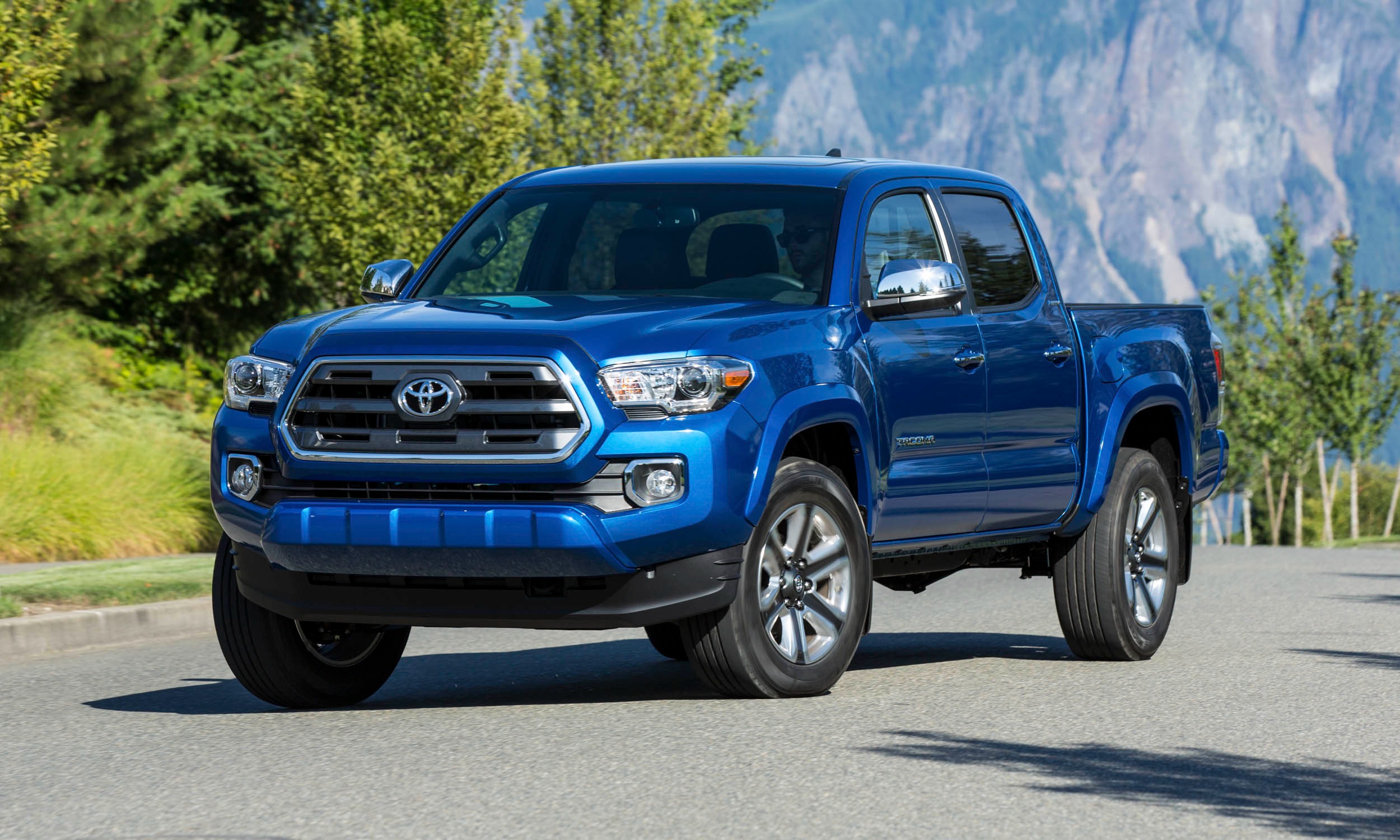
1. Toyota Tacoma (Third Generation, 2016 and newer)
The Toyota Tacoma has long been a favorite in the midsize pickup segment due to its reliability and off-road capability. Since the third generation arrived in 2016, Toyota made significant strides in improving drivetrain components, including the transmission.
The Tacoma’s factory sealed transmissions, particularly the six-speed automatic and six-speed manual variants, are designed with longevity in mind. Toyota engineers emphasized durability and reduced maintenance, making the transmission virtually worry-free for the average driver.
One major factor contributing to the Tacoma’s transmission reliability is the use of high-quality transmission fluid filled and sealed at the factory. This ensures the fluid stays clean and uncontaminated for extended periods.
The automatic transmission uses a torque converter with a lock-up clutch that reduces slippage and heat buildup, both common causes of transmission failure in other vehicles. The sealed design also helps keep dust, moisture, and other external elements out of the transmission housing, protecting internal components from corrosion and damage.
The Tacoma’s transmissions also benefit from advanced control modules that precisely manage shifting and torque delivery. These modules adjust shift timing and pressure based on load, throttle input, and terrain.
This careful management reduces stress on the transmission gears and bands, leading to less wear and fewer failures. Owners frequently report their Tacomas running smoothly past 200,000 miles with no transmission repairs, a testament to Toyota’s engineering.
Another point worth noting is the availability of regular maintenance alerts in the Tacoma’s onboard system, which encourages timely fluid checks or changes only when absolutely necessary.
Unlike many trucks that demand frequent fluid replacements, the Tacoma’s sealed transmissions have longer intervals, allowing owners to focus on other maintenance tasks. This combination of durable design, effective cooling, and smart control systems contributes to the Tacoma’s reputation as one of the most reliable pickups with a factory sealed transmission.
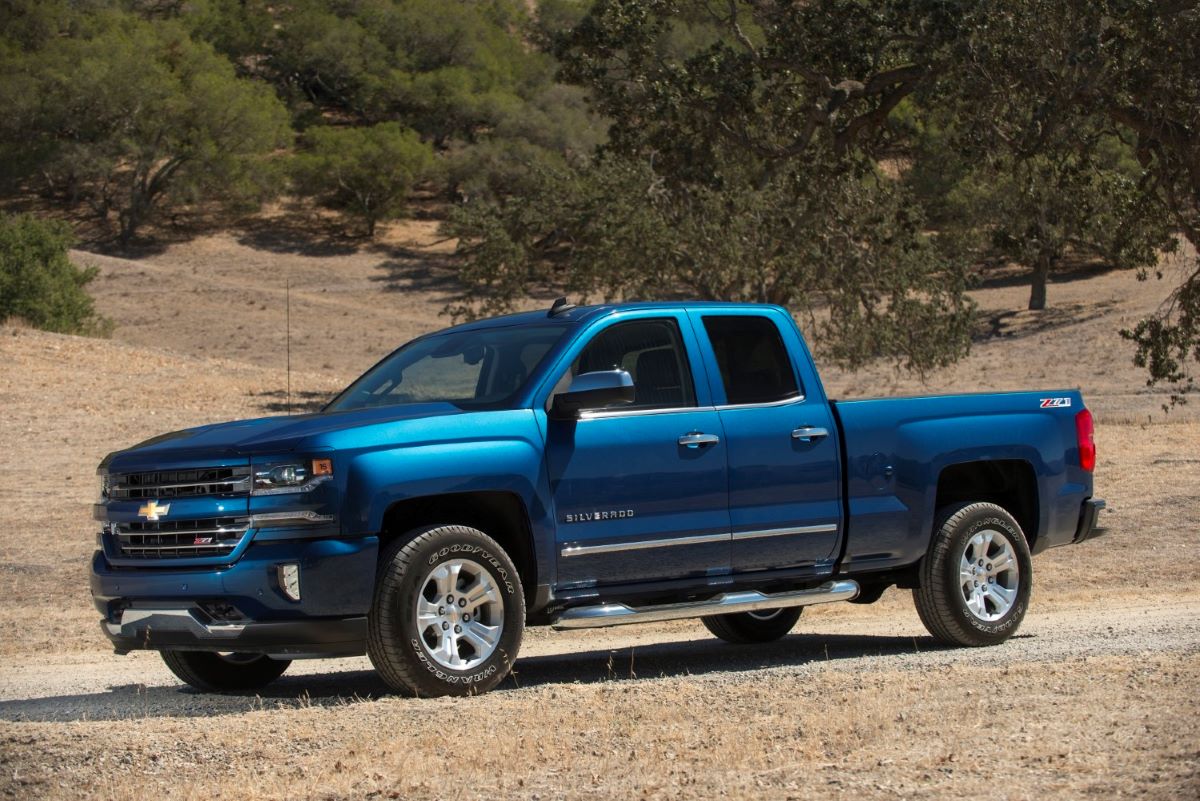
2. Chevrolet Silverado 1500 (2014-2018 Models)
The Chevrolet Silverado has been a staple of full-size pickups for decades. The 2014-2018 generation, in particular, featured factory-sealed transmissions designed to withstand demanding use.
General Motors implemented a heavy-duty six-speed and later an eight-speed automatic transmission that was sealed and pre-filled at the factory, minimizing the need for fluid changes and other transmission servicing early on.
GM’s sealed transmissions in the Silverado focused on robust components such as hardened gears, improved clutch packs, and high-quality sealing materials.
These improvements meant that the transmission could handle both heavy towing and everyday driving without succumbing to leaks or mechanical breakdowns. The factory seal on the transmission pan and housing prevents dirt and water from entering, which can be especially beneficial for trucks used in harsh environments or off-road.
Owners of these Silverados often praise their trucks for smooth gear shifts, even under heavy load or high temperatures. The transmission’s internal cooling system, which circulates fluid through a dedicated cooler, also helps maintain optimal operating temperatures.
Maintaining the fluid in good condition is critical for transmission longevity, and the sealed design reduces the risk of contamination or evaporation. Most owners report minimal transmission problems, even after extensive use.
Additionally, Chevrolet provided extensive engineering to ensure the transmissions were responsive and fuel-efficient. The sealed transmissions featured adaptive shift logic, which learns driver habits and adjusts shift timing accordingly.
This not only extends transmission life but also improves the truck’s fuel economy and driving experience. The combination of durability, sealed construction, and intelligent control systems makes the Silverado from this era a strong contender on this list.
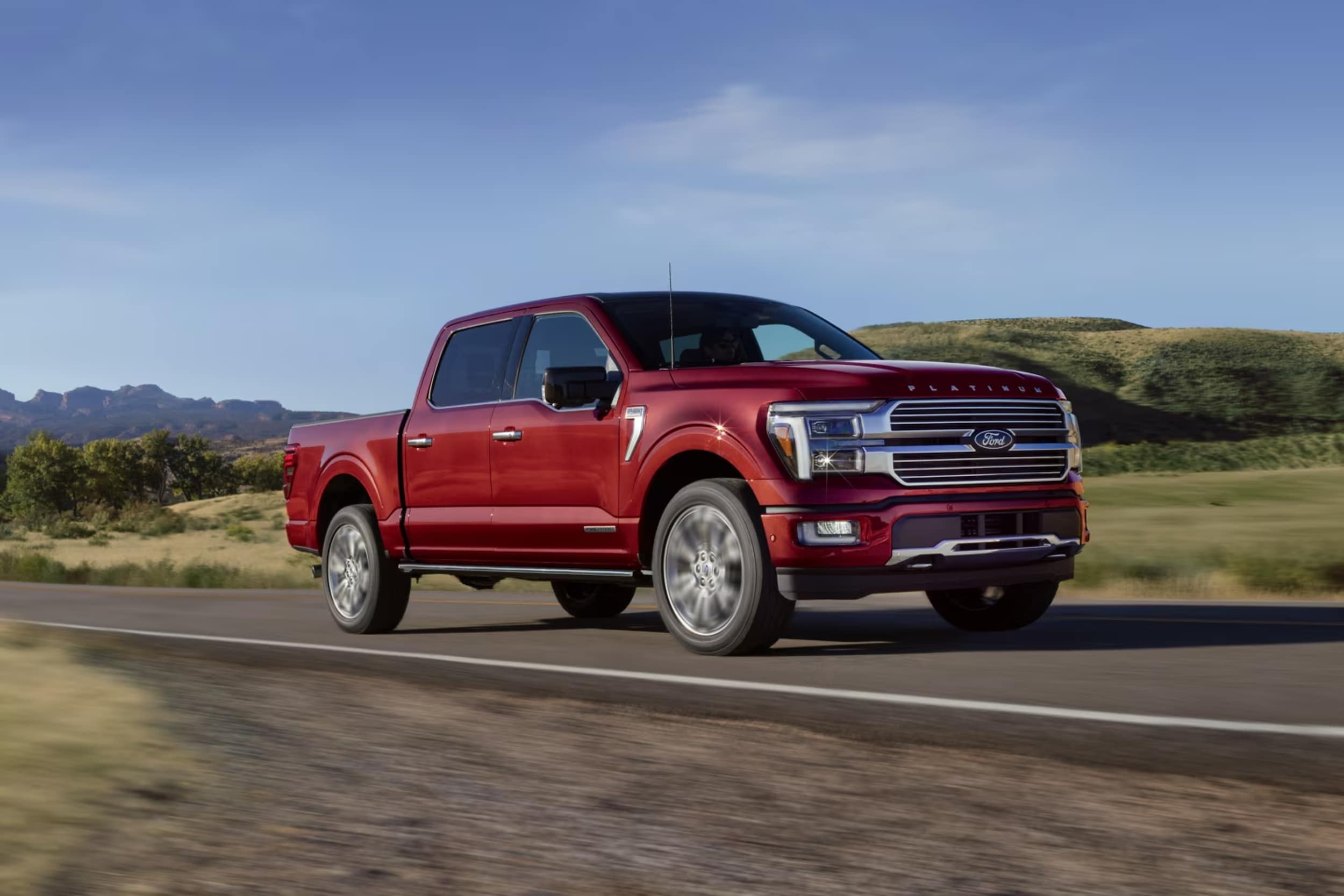
3. Ford F-150 (2015-2020 Models)
Ford’s F-150 is one of the best-selling pickups worldwide, and the 2015-2020 generation includes several versions equipped with factory-sealed transmissions known for their longevity. During these years, Ford introduced the 10-speed automatic transmission, co-developed with General Motors, which was sealed at the factory and built for durability in demanding conditions.
The 10-speed automatic transmission in the F-150 is one of the most advanced factory-sealed units on the market. It offers smooth and quick shifting, along with wide gear ratios that optimize both power delivery and fuel efficiency.
The sealed design helps prevent leaks and keeps the transmission fluid in optimal condition for many miles. Ford’s transmission engineers focused on creating a robust case and gasket system that resists wear and environmental damage, which contributes to the unit’s longevity.
Many F-150 owners have reported few to no transmission problems even after driving well over 150,000 miles. The factory sealed transmission reduces maintenance costs and minimizes the chances of transmission-related breakdowns.
Ford also equipped the transmission with advanced software that adjusts shift patterns based on towing, driving style, and terrain. This “smart” adaptation helps prevent unnecessary wear and reduces heat buildup, common causes of transmission failure.
The sealed transmission design also contributes to quieter operation and better driving comfort. Because the fluid remains clean and properly pressurized, gear engagement is smooth, and the transmission is less prone to jerks or slipping.
For those using their F-150 for towing or heavy-duty use, the sealed transmission provides peace of mind with fewer trips to the mechanic and reliable performance under stress.
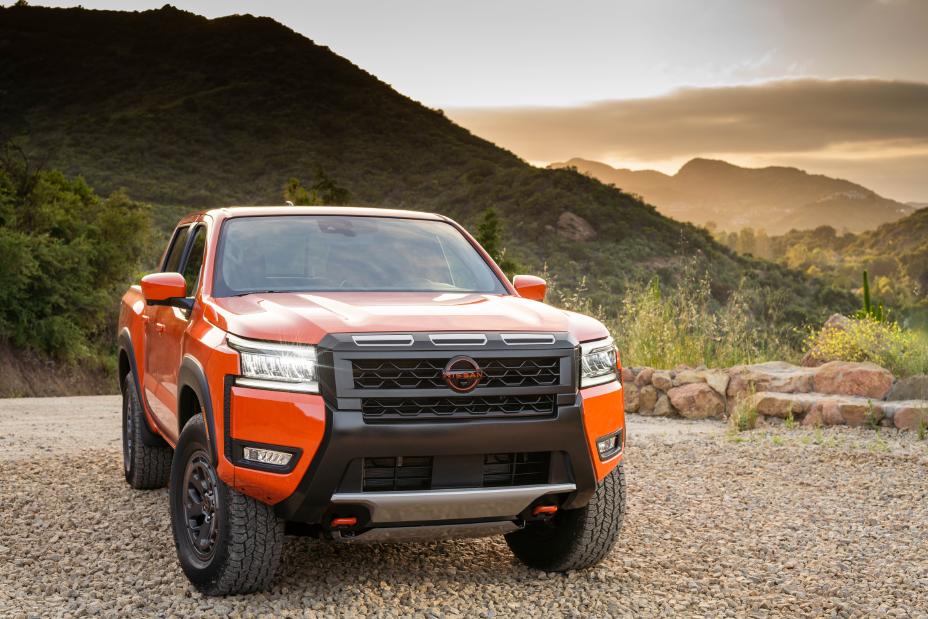
4. Nissan Frontier (2013-2020 Models)
The Nissan Frontier has earned a reputation for ruggedness and simplicity, and its factory-sealed transmissions during the 2013-2020 period are no exception.
Nissan’s approach focused on straightforward but effective design, which helped reduce the complexity and increase the reliability of the transmission. The sealed automatic transmission is a standout feature that many Frontier owners appreciate for its dependability.
One important aspect of the Frontier’s sealed transmission is the use of a single fill, sealed fluid system. Once filled and sealed at the factory, this system is intended to operate efficiently without requiring frequent fluid changes.
This reduces the likelihood of contamination and leaks that could shorten transmission life. The sealed design also helps maintain fluid pressure and temperature, essential for smooth operation and long-term durability.
The internal transmission components, including the clutches and bands, were made using durable materials and designed to handle a variety of driving conditions from city streets to rough off-road trails.
The Frontier’s transmission is also known for smooth and predictable shifting patterns, which reduces mechanical stress and enhance driver confidence. Many owners report excellent transmission performance even after many years of use.
Additionally, Nissan implemented robust cooling systems in the Frontier’s transmission, which help dissipate heat generated during towing or heavy acceleration.
Heat is one of the main factors that lead to transmission failure, and the sealed design,coupled with effective cooling, significantly reduces this risk. For buyers looking for a midsize pickup with a no-fuss, reliable transmission, the Frontier from this era is a strong candidate.
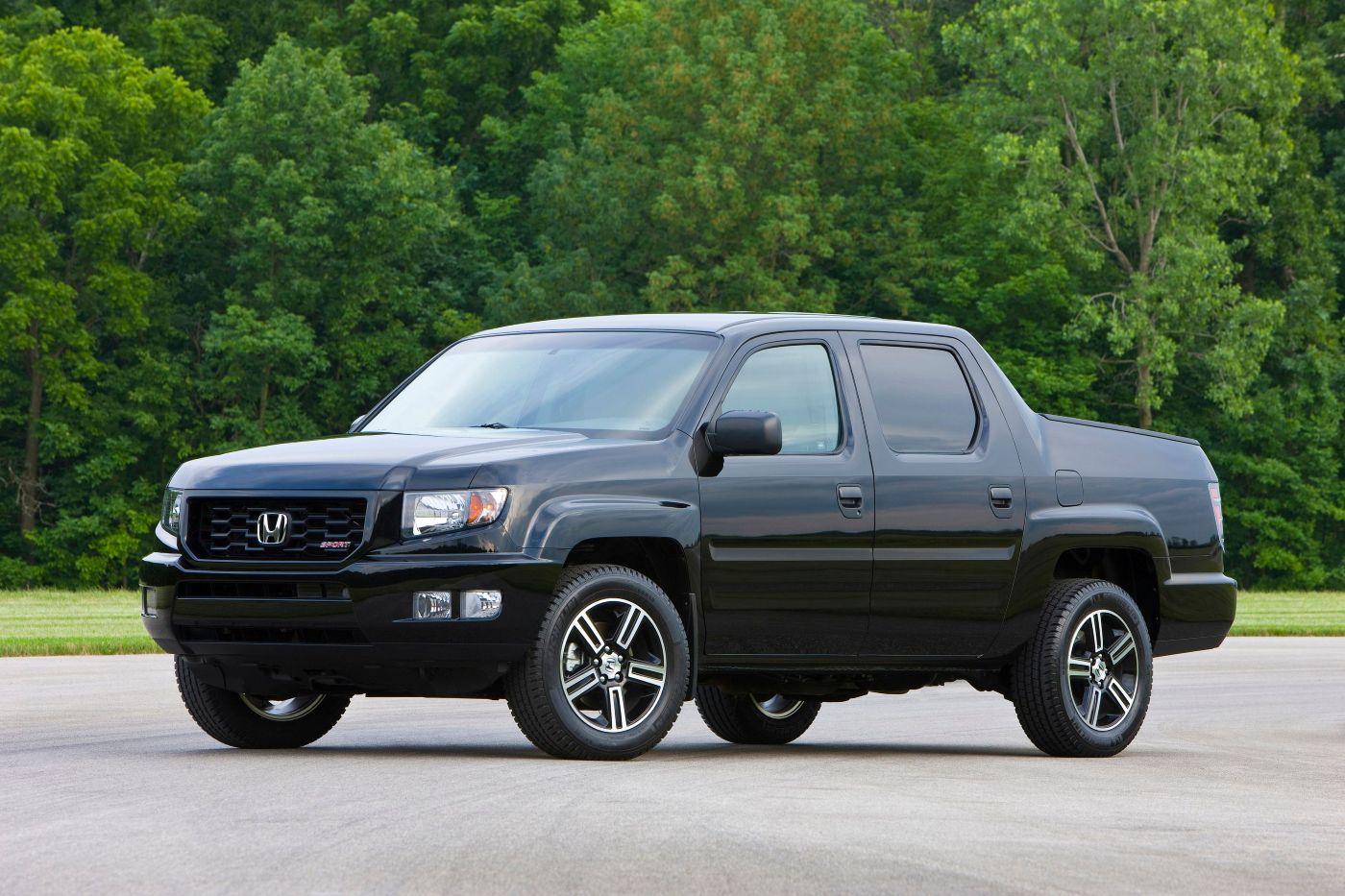
5. Honda Ridgeline (2017 and newer)
The Honda Ridgeline stands out in the midsize pickup segment for its unique unibody design and car-like handling. Beyond the chassis, the Ridgeline also features a factory sealed transmission praised for its reliability and smooth operation.
From 2017 onward, Honda’s sealed 6-speed automatic transmission has been noted for requiring minimal maintenance and delivering consistent performance.
Honda’s approach to the Ridgeline’s transmission focused on creating a system that not only lasts but also enhances fuel efficiency and driving refinement.
The sealed transmission uses a high-quality, synthetic transmission fluid that remains stable over long intervals, reducing the need for routine fluid changes. The transmission case is sealed tightly to prevent leaks and keep out contaminants that could cause premature wear.
The Ridgeline’s transmission also benefits from advanced electronic controls that manage shift timing and torque distribution precisely. This results in smooth acceleration and less mechanical stress on the internal components.
The sealed design helps preserve the integrity of these systems by keeping the fluid clean and the internal environment stable. Many Ridgeline owners report trouble-free transmission operation beyond 150,000 miles, with few repairs or issues.
In addition to reliability, the sealed transmission contributes to the Ridgeline’s reputation for quiet, comfortable driving. The fluid remains clean and properly pressurized, which reduces shift shock and noise.
The transmission’s design also helps improve fuel economy, making the Ridgeline a balanced choice for those seeking reliability along with refinement and efficiency.
Also Read: 5 Cars You Can Maintain at Home and 5 That Require Dealer Visits for Everything
5 That Do
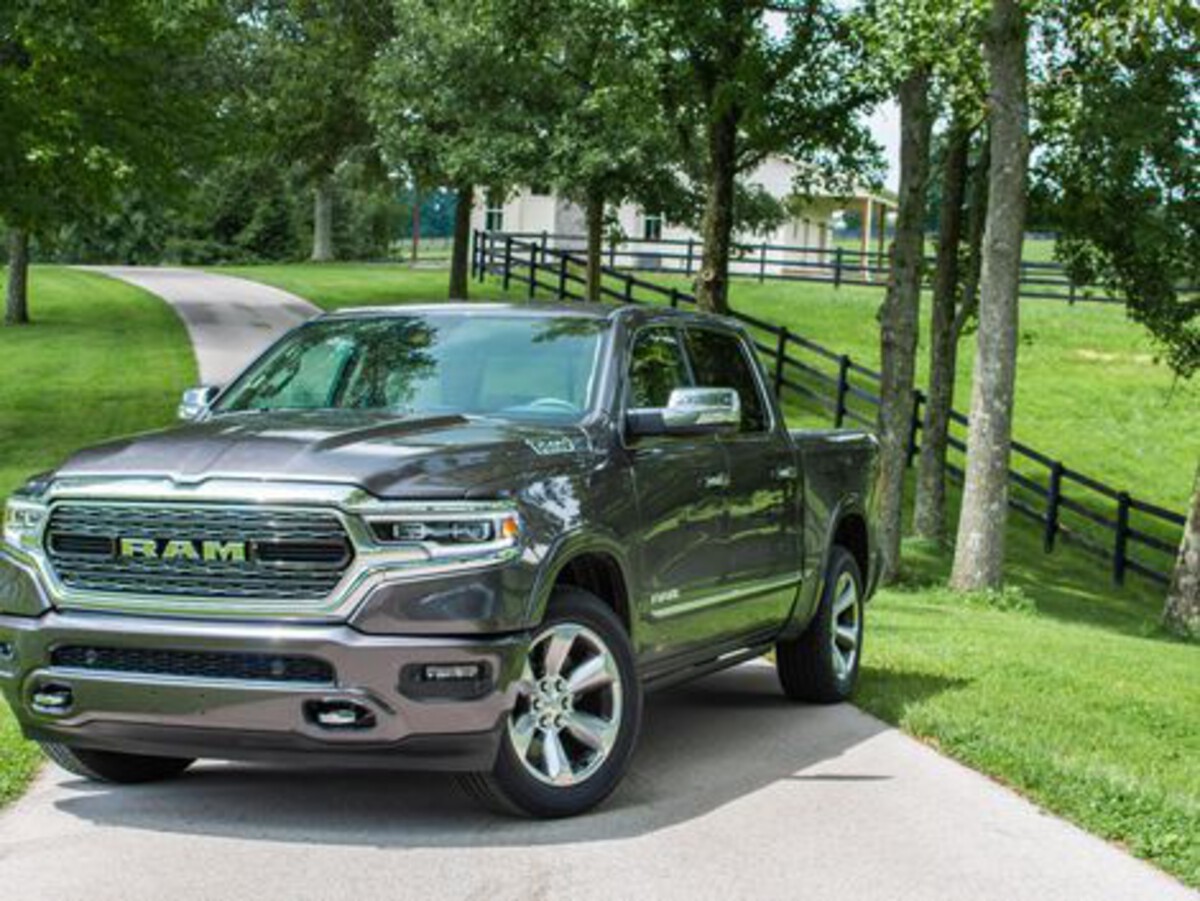
5. Ram 1500 (2013–2021) – Sealed 8-Speed That Rarely Fails
The Ram 1500 introduced the ZF-sourced 8-speed automatic transmission (often referred to as the 8HP70) starting in 2013, and it quickly developed a strong reputation for durability and performance.
This sealed unit, designed for smooth power delivery and efficient fuel use, rarely sees catastrophic failures. It’s used in a variety of applications beyond trucks including luxury cars but Ram’s tuning and cooling enhancements have made it especially dependable in pickup use.
Owners and technicians alike consistently speak highly of this transmission. The gear spacing allows the engine to stay in its power band while minimizing strain, which translates into a transmission that doesn’t have to work hard even when towing moderate loads.
Though it’s a sealed system, the cooling and internal component quality help it maintain consistent fluid condition far longer than traditional automatics. Many trucks with this transmission cross 200,000 miles without major service.
One key factor in the longevity of this gearbox is its wide adoption and proven track record. ZF’s 8-speed has been widely tested in other platforms, and its design has benefited from years of refinement.
In the Ram 1500, it feels responsive without being aggressive, and it adapts well to different driving styles. This makes it more forgiving than some other sealed transmissions that rely heavily on software tuning and are prone to jerky behavior.
Even though it’s sealed, some owners still choose to change the fluid proactively. Those who do often find minimal wear debris and clean pan magnets, a good sign that the unit is built to last.
Whether you’re hauling gear or commuting daily, this transmission stands out as a rare example of a sealed system that consistently meets expectations without recurring issues.
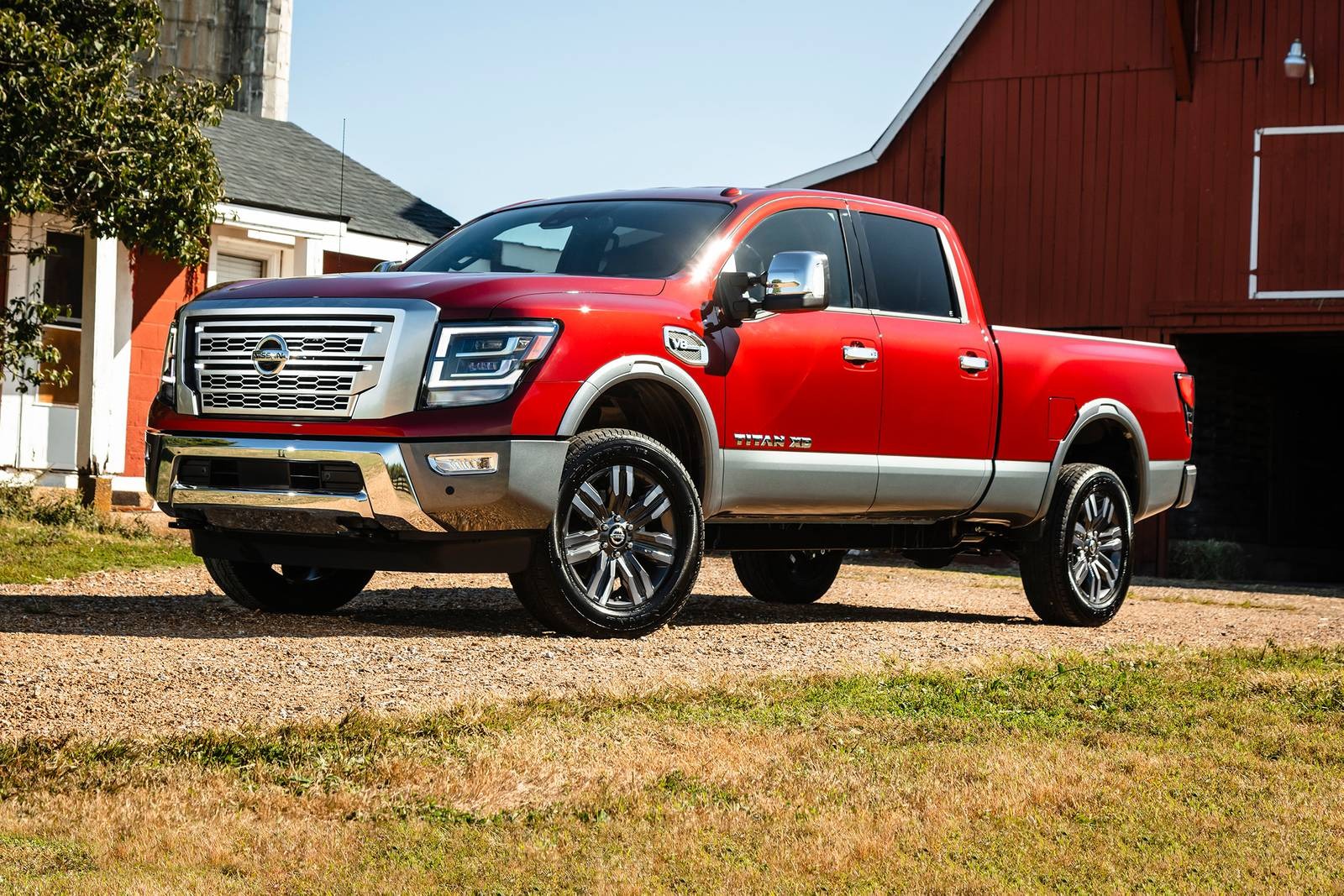
6. Nissan Titan (2016–2019) – Transmission Problems Surface Early
The Nissan Titan has always had potential, but its 7-speed automatic transmission introduced in the 2016 redesign has not aged well. Despite being a sealed unit, it often develops problems within the first 60,000 to 90,000 miles.
Common symptoms include hard shifts, delayed engagement, and complete failure in some cases. While not as widespread as GM’s 8-speed issues, the Titan’s sealed transmission has drawn consistent criticism from owners and independent mechanics alike.
One of the major problems lies in heat management. The Titan’s transmission tends to run hot under load, especially in warmer climates or when towing.
Without easy access to check or change the fluid, any damage caused by overheating tends to go unnoticed until it becomes severe. Once the clutch packs start to degrade or the fluid begins to break down, shifting becomes inconsistent and mechanical wear accelerates quickly.
Nissan attempted to address some of the concerns with software updates and minor component revisions, but the reliability numbers have not improved significantly.
Extended warranties have helped some customers, but many Titan owners have had to deal with transmission replacements or rebuilds well before reaching 100,000 miles, a poor showing for a modern truck.
Compared to competitors in the same price range, the Titan’s sealed transmission feels like a missed opportunity. It lacks the long-term reliability of Ram’s 8-speed or the robust performance of Toyota’s older 6-speed unit. For buyers looking for peace of mind, this is one truck that often doesn’t deliver on the promise of maintenance-free operation.
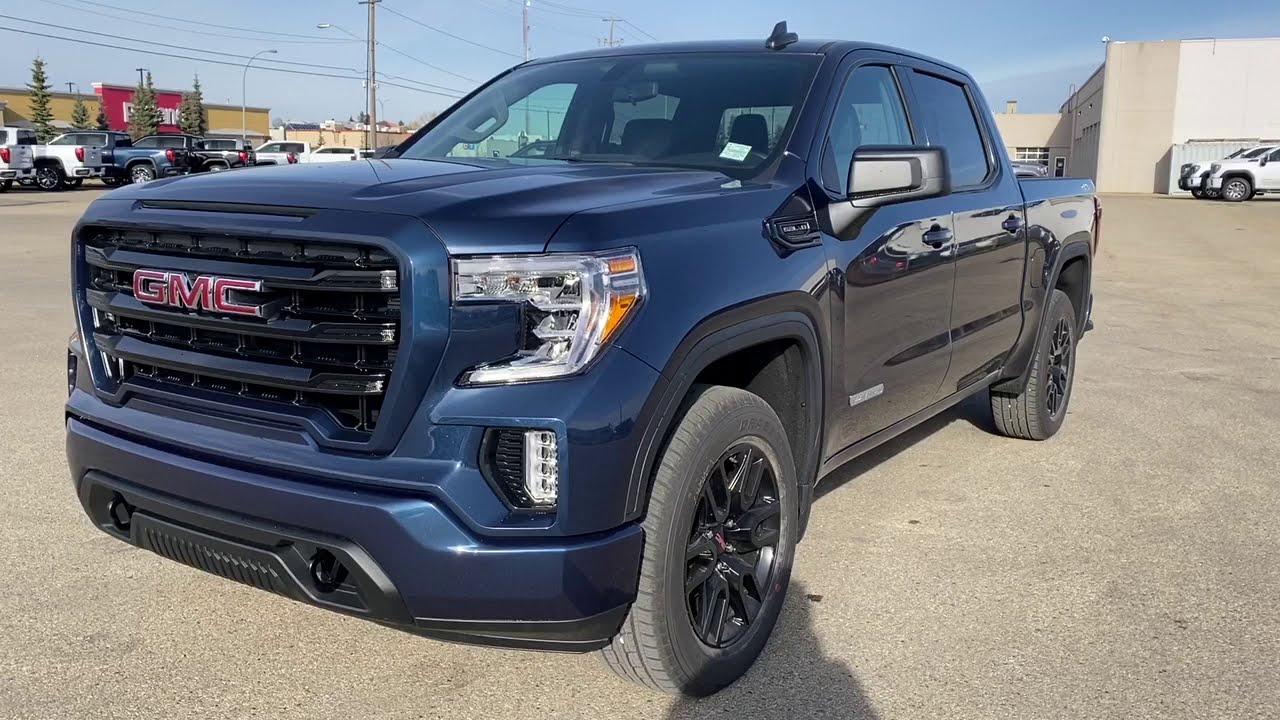
7. GMC Sierra 1500 (2019–2023) – Strong Performer with GM’s 10-Speed
The GMC Sierra 1500, especially in its newer form with the 10-speed automatic transmission (co-developed with Ford), has shown significant improvement in durability compared to GM’s earlier 8-speed offering.
While some owners were initially skeptical, the 10-speed transmission used in later Sierras has proven to be a more refined and reliable sealed unit. It’s used across multiple GM models and shows much fewer complaints than its predecessor.
The shift behavior is smooth, gear transitions are logical, and the transmission does not seem prone to overheating or mechanical failure when properly maintained.
Though still sealed, GM has made some improvements in fluid performance and cooling systems, helping reduce the likelihood of premature wear. Many Sierra owners have reported putting 100,000 miles or more on these trucks with no transmission-related issues at all.
What makes this gearbox a strong contender is how well it pairs with the variety of engines offered in the Sierra lineup.
Whether it’s the 5.3L V8, 6.2L V8, or the 3.0L diesel, the transmission adapts efficiently and rarely hunts for gears. This contributes to a sense of confidence when towing or driving in varied terrain, which is crucial for a work-focused pickup.
While no sealed transmission is truly bulletproof, the Sierra’s 10-speed unit stands out as a real improvement over previous generations.
GM seems to have learned from the backlash over its earlier efforts and finally delivered a sealed design that doesn’t suffer from chronic issues. For buyers looking at newer Sierras, this is one area where the truck delivers on expectations.
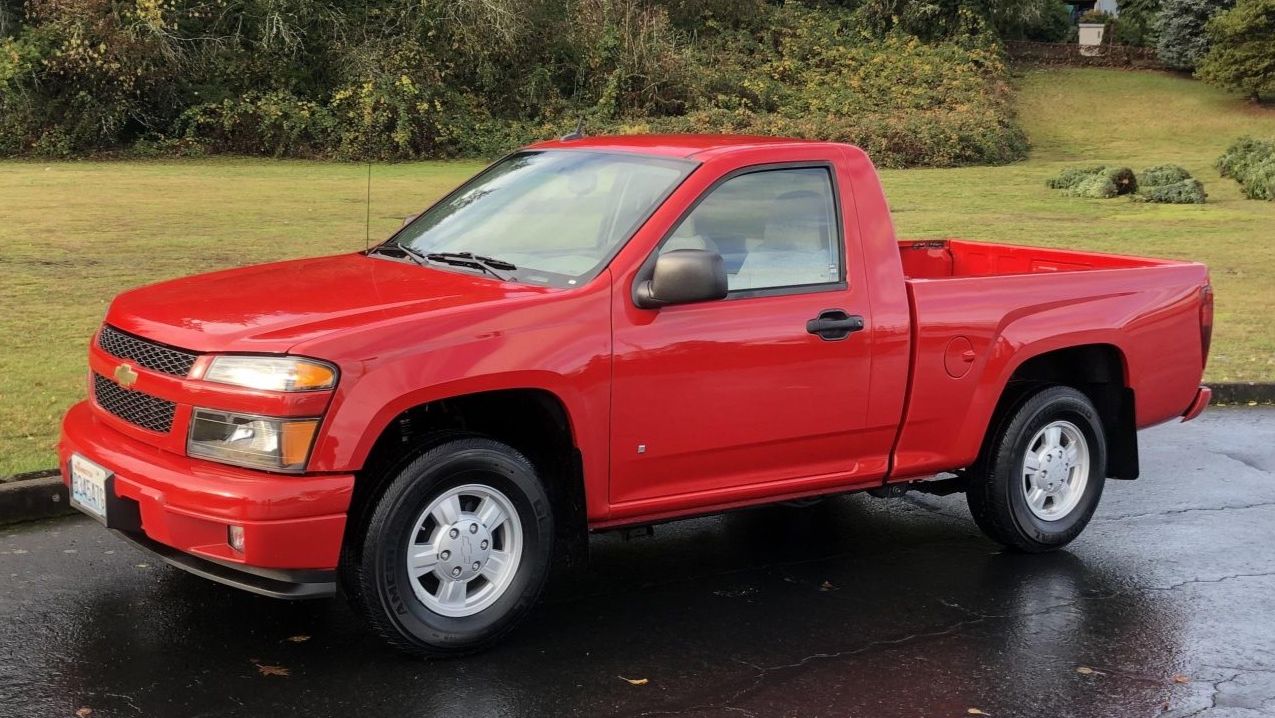
8. Chevrolet Colorado (2015–2020) – 6-Speed and 8-Speed Trouble
Chevrolet brought the Colorado back in 2015 as a smaller alternative to full-size pickups, but its automatic transmissions have proven problematic across multiple model years.
Whether equipped with the 6-speed or the later 8-speed, both sealed gearboxes are known for poor shift quality, slipping, and vibration, especially under light throttle. The 8-speed, in particular, suffers from many of the same issues seen in the Silverado 1500, including the infamous torque converter shudder.
One of the major issues stems from poor calibration. The shifts often feel confused or delayed, especially in city driving or when coasting.
These aren’t just comfort problems, they suggest early wear or inconsistent fluid pressure, both of which can lead to long-term failure. Unfortunately, because the transmissions are sealed, many owners don’t know there’s a problem until it’s too late to take preventive action.
The problems aren’t limited to just one engine either. Whether the Colorado is equipped with the 2.5L four-cylinder, the 3.6L V6, or even the diesel, transmission issues still surface.
While GM issued several software updates, they haven’t been universally effective. Some owners had to go through multiple visits to the dealer before any action was taken, and in some cases, full replacement was required.
The combination of early failure symptoms, limited serviceability, and inconsistent repair solutions has hurt the Colorado’s reputation.
It’s a practical truck in many ways, but the sealed transmissions it used during this period fall short of delivering long-term confidence. Buyers interested in this model are often advised to get a powertrain warranty or look at newer years that switched to improved transmission designs.
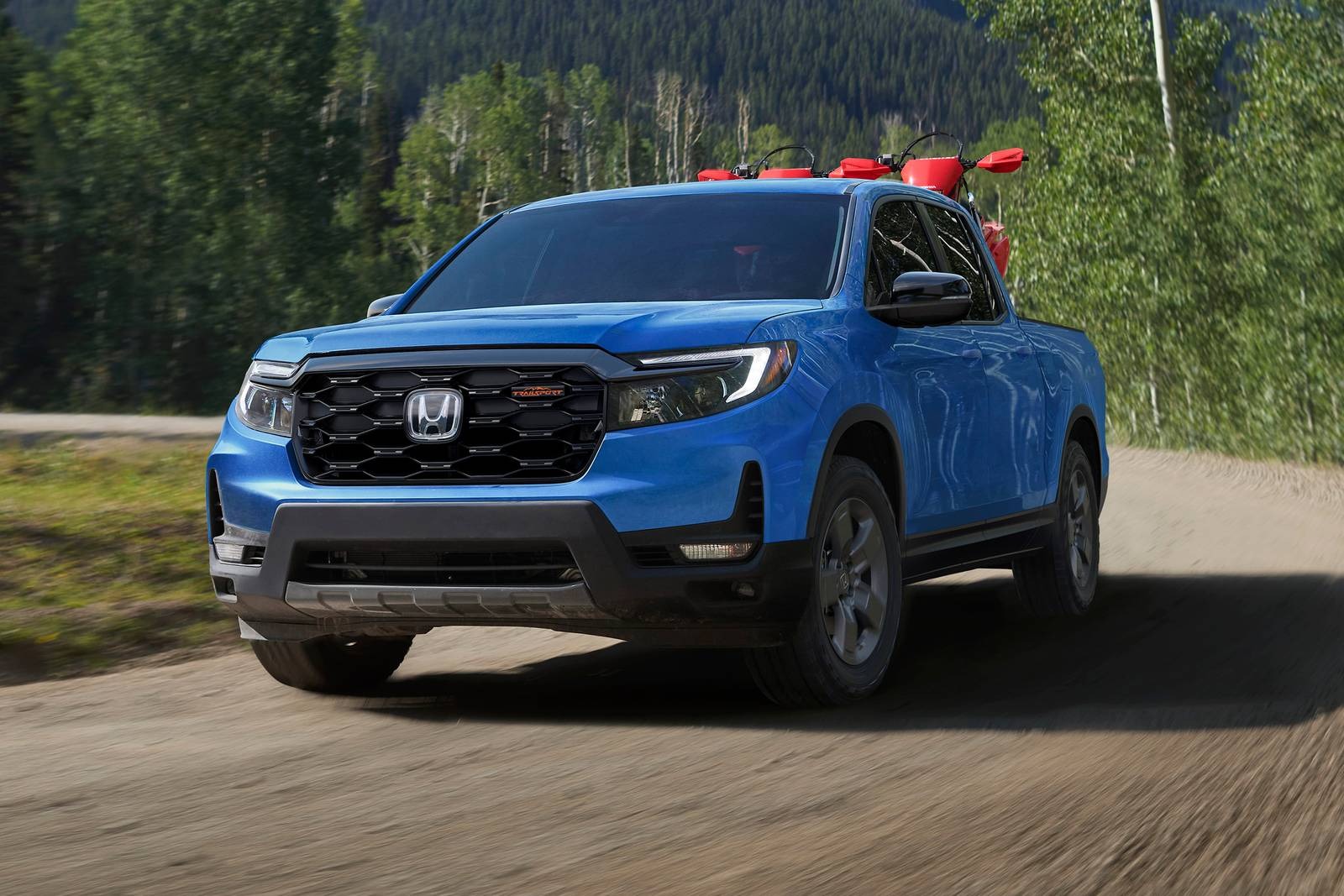
9. Honda Ridgeline (2006–2014) – Early Sealed 5-Speed Holds Up Well
Before the second-generation Ridgeline arrived, Honda’s original truck used a sealed 5-speed automatic transmission that has stood the test of time.
While it’s a simpler unit than what newer trucks use, it has shown remarkable staying power, even with minimal maintenance. These early Ridgelines regularly reach 200,000+ miles on the original transmission, a feat that many larger trucks struggle to match.
Part of the success comes from Honda’s modest power output and vehicle weight. The transmission isn’t overwhelmed by torque, and the relatively light curb weight keeps internal stress low.
The gearing is well-matched for the engine, which means smooth acceleration without abrupt downshifts or excessive hunting. Even when used for light towing or off-road excursions, the transmission rarely shows signs of mechanical fatigue.
Owners who chose to replace the fluid as a precaution around 100,000 miles often found it clean and consistent, indicating low wear.
The lack of major issues has made the first-generation Ridgeline a popular choice on the used market for those who want reliability without the bulk of a full-size truck. While not everyone liked its styling or non-traditional design, its drivetrain reliability earned it loyal fans.
This 5-speed unit proves that a sealed transmission doesn’t have to be complex to be effective. Honda built it with longevity in mind, and its straightforward construction means fewer things can go wrong. It may not offer the gear count or fuel economy of newer options, but in terms of reliability, it remains one of the best sealed units used in a pickup-style vehicle.
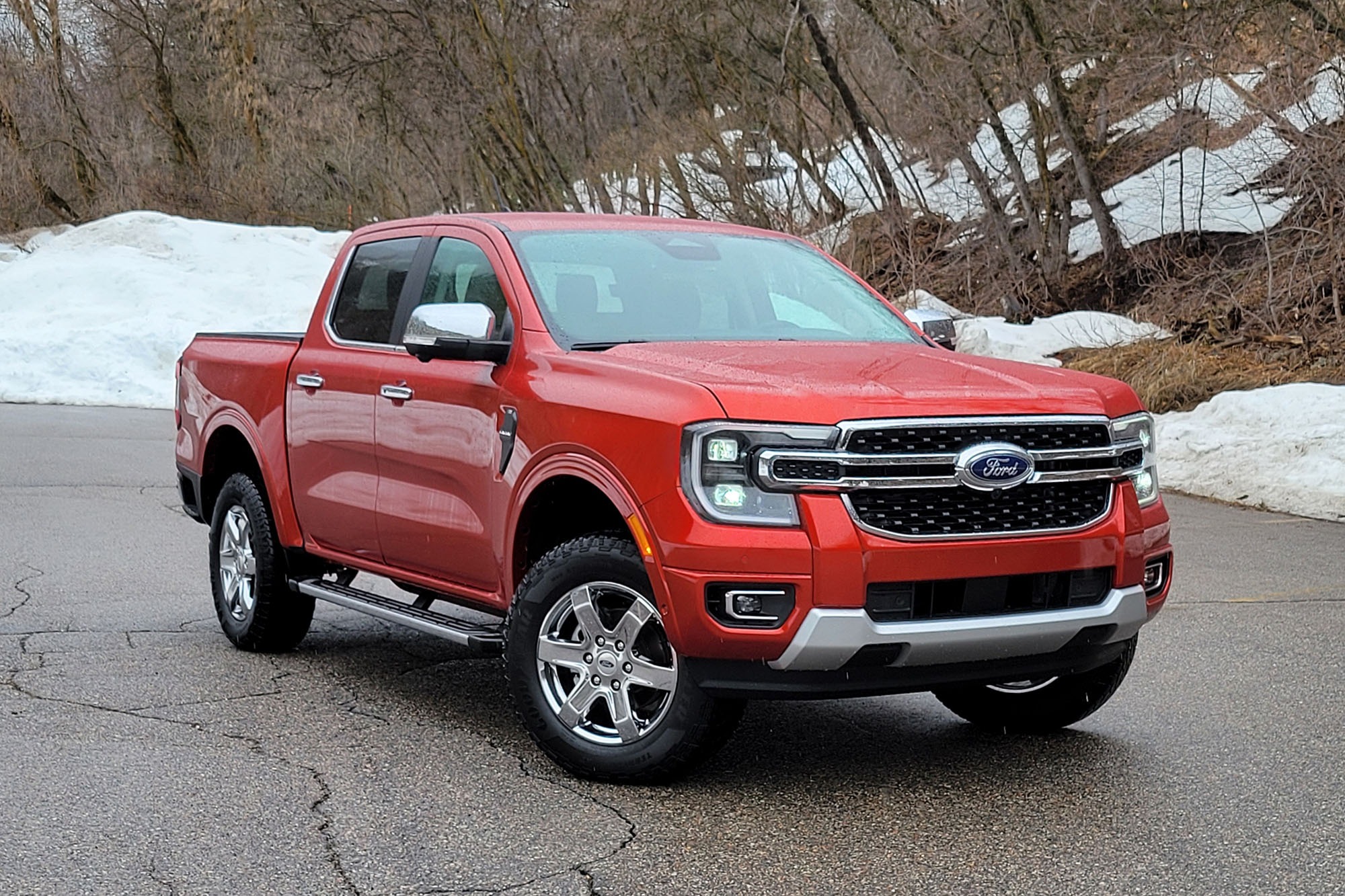
10. Ford Ranger (2019–2022) – Mixed Results with the 10-Speed
When Ford brought the Ranger back to North America, it equipped it with the same 10-speed automatic transmission used in the F-150.
Unfortunately, while it performs better in full-size applications, the smaller Ranger has experienced a range of problems with this sealed transmission. Complaints include hard downshifts, delayed engagement, and in some cases, gear slippage that leads to limp mode.
Part of the issue appears to be tuning differences. In the Ranger, the 10-speed often feels overly aggressive or confused, especially in low-speed driving.
This leads to premature wear in some cases, especially if the truck is used heavily for towing or long commutes in stop-and-go traffic. The sealed nature of the transmission makes it difficult for owners to address early signs of trouble, often leading to more expensive repairs.
Ford has issued several technical service bulletins and software updates to help address these issues, and some owners have seen improvement.
However, not all trucks respond the same way, and mechanical problems like worn clutches and faulty solenoids still occur in some vehicles. Because the Ranger is a mid-size truck, owners often expect better performance at lower loads, which makes these issues more frustrating.
While not all Rangers experience these problems, the number of reports is significant enough to consider this transmission a weak point.
Buyers should carefully inspect service history or consider extended coverage. The truck has strengths in other areas, but the sealed 10-speed transmission used in this generation doesn’t offer the same reliability found in other Ford applications.

